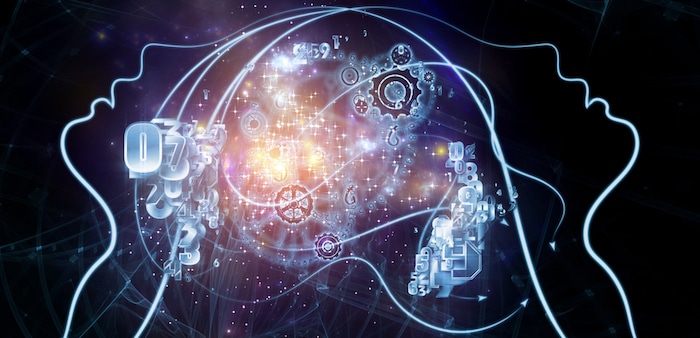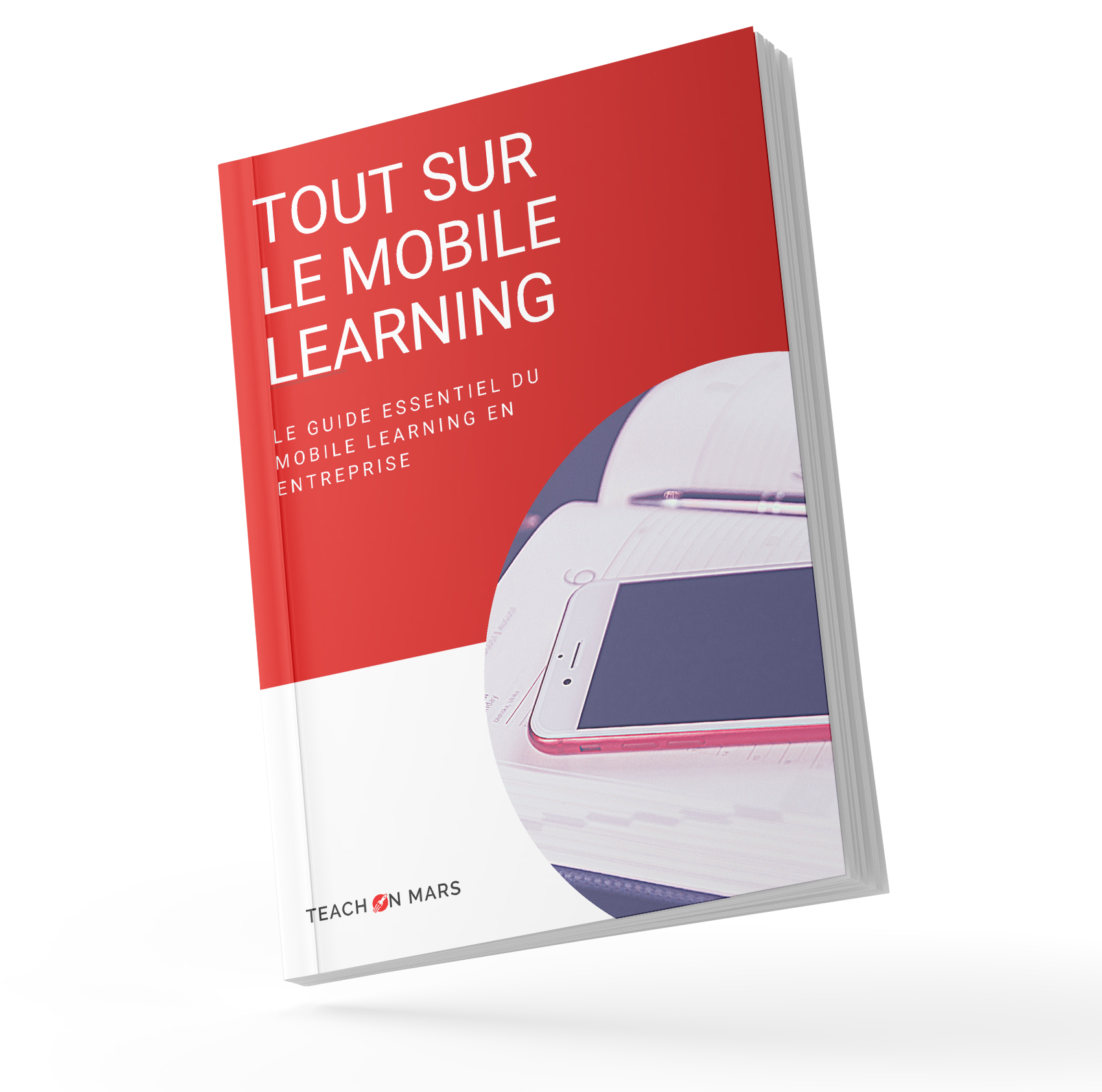Neuroeconomics, neurosociology, neuroanthropology, neuropsychoanalysis… Everywhere you look, it would appear that the disciplines of the study of man and society is being dragged into the age of the neurone (1). The goal of these cutting-edge areas of study – a better understanding of how the human brain is shaped by social relationships and behaviours – is one of obvious relevance for the learning and development profession.
How human sciences impact social relationships
In particular, the new knowledge emerging in these fields is helping scientists measure the impact social relationships, be they positive or negative, have on learning. As we are all aware, the human brain is a highly social organ. It analyses the deeds and gestures of our peers continuously. It enables us to filter and interpret the emotions and intentions of our fellow human beings and determine an appropriate positive or negative reaction. One of the most important contributors to this process is oxytocin. “Oxy-what?”, we hear you ask. Perhaps an explanatory definition is in order (2): “Oxytocin is the main neuromediator playing a role in our social behaviour. It influences all our social behaviours, from the most basic, such as the direction of a look, to the most sophisticated, such as the degree to which we trust another individual. Oxytocin acts on the cerebral amygdala, which in turn monitors and controls our emotions.”
So, the brain is ultra-sensitive to its social environment, and social relationships have a tangible impact on our mental and physical health (3) through the emotions they trigger.
What does this mean for learning?
Negative emotions such as fear, anxiety or excessive stress are a barrier to learning as the brain passes into a state of alert, prioritising its survival instinct and redirecting its energy to dealing with what it perceives as danger. As a consequence, the individual is no longer in reflection mode, but in action mode! It should, however, be noted that a certain level of stress generates commitment and increases motivation. What some people like to call “positive stress”!
Positive emotions, on the other hand, produce a feeling of well-being that has a direct impact on the performance of individuals. The psychologist Barbara Fredrickson conducted a study where test subjects were shown short films to stimulate a positive, neutral or negative state of mind, before completing a series of cognitive problem-solving tests. The subjects that were exposed to the pleasant film performed better in the tests, showing more creativity and more logic.
For more information on this study, see the interview with Barbara Fredrickson in Revue Psychologie Positive Magazine (4).
The same process can be seen at work in the impact great teachers have on their learners. We’ve all had a teacher or trainer whose instructional approach was so powerful and compelling that he or she made us love the subject being taught, and with whom learning became such a pleasure that acquiring new knowledge was easy. In his book “Visible Learning”, teacher and researcher John Hattie seeks to identify the key factors behind educational success. He concludes that the teacher-student relationship is of primordial importance, insisting in particular on several key aspects:
- Self-evaluation
- Empathy and positive reinforcement
- Feedback
In short, social interactions generate emotions that can be favourable or unfavourable. Manage these emotions correctly, and you can leverage a powerful enabler capable of adding huge value and impact to your learning process.
If this article has got you thinking about how you might improve your own instructional methods, then why not come and talk to Teach on Mars consultants and other learning specialists at the Mobile Learning FabLab? Created in collaboration with IFCAM, the corporate university of the Crédit Agricole group, FabLab is open every Friday. After a brief break over the August holiday period, the next meeting is scheduled for September 7.
If you want to sample its informal, stimulating environment and experienced training consultants, sign up to take part here!
(1) Feuerhahn, Wolf, and Rafael Mandressi. « Les « neurosciences sociales » : historicité d’un programme » (The historicity of the field of “social neurosciences”), Revue d’Histoire des Sciences Humaines, vol. 25, no. 2, 2011, pp. 3-12.
(2) Neurolearning, neurosciences au service de la formation (Neurolearning, applying the value of neurosciences to learning) Editions Eyrolles, 2017
(3) Social Relationships and Health, Journal of Health and Social Behavior – Umberson & Montez, 2010
(4) Revue Psychologie Positive Magazine, « La valeur des émotions posititves » (The value of positive emotions).

Diplômée d’école de commerce et passionnée par les innovations du numérique, Noémie a enfilé son scaphandre et rejoint l’équipe Teach on Mars au poste de Content Manager. Elle intervient en marketing et événementiel tout en contribuant à Teach on Earth, une initiative sociale et environnementale.





